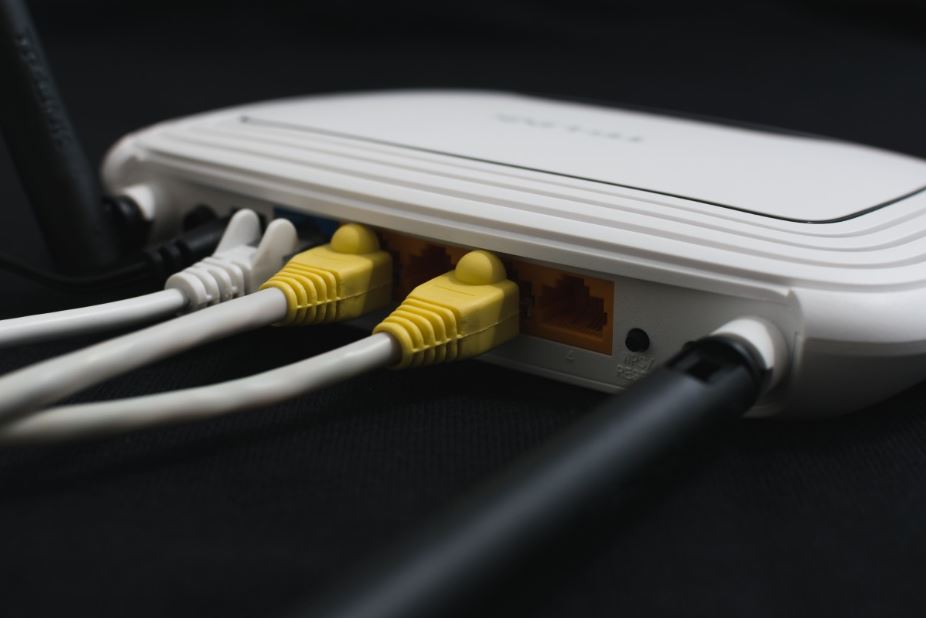Finally, ISPs can't charge you for using your own router
A US government spending bill will prohibit companies from charging customers a fee to use their own equipment.

There are several benefits to buying your own modem or router: It's generally better than what your ISP provides, and should you want to switch providers or upgrade your connection, you don't need a new modem or router. Plus, using your ISP's equipment comes with an extra monthly fee, and who wants to tack that onto their internet bill?
However, some companies, like Frontier, charge you that monthly rental fee even if you use your own equipment. A US government spending bill set to go into effect June 2020 outlines new requirements for broadband (and television) providers that will prohibit that kind of nonsense. The new law says that an ISP may not charge for "using covered equipment provided by the consumer," or renting or leasing covered equipment if "the provider has not provided the equipment to the consumer." That awesome new gaming router you got over the holidays? You won't have pay $10 or $15 extra a month to use it.
In a conversation with Ars Technica, Frontier said it will comply with the new law—but only once it goes into effect. Until then, it will continue to charge its customers a monthly lease fee for its routers or modems "whether you use it or not." According to the company, this is because non-Frontier routers cause "increased complaints and more difficulty with troubleshooting." Other ISPs, like Spectrum, provide a list of authorized modems that will work on its network or put its logo on the modem's box—and won't charge you a fee for leasing a router.
The law will also establish a "right to transparency," meaning that ISPs will be required to provide consumers with an itemized list of service charges before they enter into a contract, as well as an itemized list on every monthly bill. Consumers will also have the right to cancel their contract without penalty, but that only applies to new customers, not existing ones.
However, the law allows the FCC to extend the June 2020 effective date up to six months should the FCC find that "good cause exists for such an additional extension." In other words, there is a chance this new consumer-protection law won't actually go into effect until January 2021 should the FCC deem it so. Meanwhile, Frontier will continue to collect unnecessary rental fees and ISPs in general can continue misleading customers about their pricing.
According to the FCC (as of December 2018), Frontier services about 12 percent of the US. Ars Technica asked Frontier if it intends to raise prices "to compensate for the revenue it will lose" because of the new law, but the company provided no comment.
Keep up to date with the most important stories and the best deals, as picked by the PC Gamer team.


